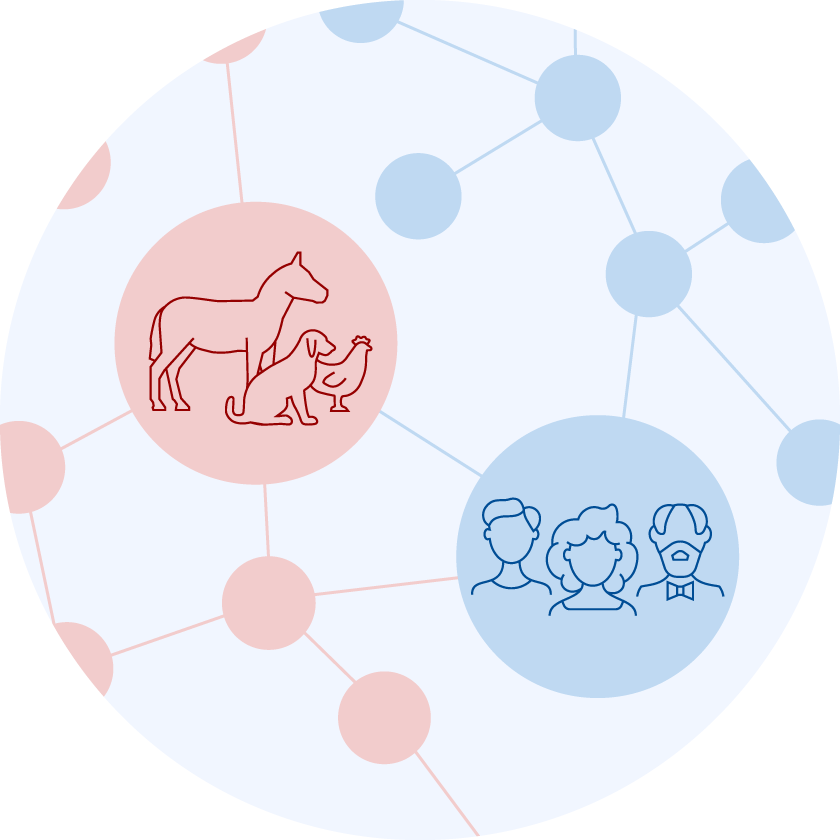
The benefits of shared research in human and animal health
We sat down with Clive Wood from Human Pharma and Eric Haaksma from Animal Health to discuss the advantages of working together
Read more
Grandmothers, worldwide, are respected as experienced and wise. In Africa, they are particularly revered — which is why they have been enlisted for the “Friendship Bench,” a life-saving mental health program in Zimbabwe.
“Zimbabwe has 15 million people, but only 15 psychiatrists, including Dr. Dixon Chibanda. The Southern African country also has one of the world’s highest rates of suicide — as Dr. Chibanda knows all too well.”
The tipping point for Dr. Chibanda came more than a dozen years ago, after a suicidal young woman he was treating didn’t keep her scheduled appointment. Making inquiries, he learned from her mother that the daughter hadn’t come because she couldn’t afford the $15 bus trip from the countryside to his office in Harare, the nation’s capital. Instead, she killed herself.
That’s when Dr. Chibanda decided something had to change.
“It became clear to me that it won’t work when I expect people to come to see me,” Dr. Chibanda says. Then it dawned on him: “The most reliable resource that we have in Africa are grandmothers. There are some in every community, so why not train grandmothers to conduct evidence-based talk therapy?”
And so, in 2006 Dr. Chibanda started working with his first group of grandmothers in Mbare, a township in Harare. Today, more than 2,000 grandmothers provide help in more than 100 communities across Zimbabwe as part of the project, known as Friendship Bench. It is so named because these volunteer therapists sit on simple wooden benches, often in front of hospitals, and listen to people’s concerns and issues.
So far, tens of thousands of people have received help through the program — without appointments or attempting to navigate a nerve-wracking bureaucracy or the fear of being judged.
“In a country like Zimbabwe, where mental illness is shameful, it is important to use language that is accepted by people,” says Dr. Chibanda, who is now CEO of the Friendship Bench program.
And so grandmothers don’t talk about depression. Instead, they use the word “kufungisisa”— which in the Shona language that’s widely spoken in Zimbabwe, means “thinking too much.” What’s more, these older women are much more readily accepted by Zimbabweans than doctors are.
Boehringer Ingelheim has been a long-time supporter of the Friendship Bench program. “This concept has proven to be very effective, as the grandmothers help people feel rooted in the community and are amazingly empathetic,” says Michael Schmelmer, Member of the Board of Managing Directors with responsibility for Finance and Group Functions.
“We in Boehringer Ingelheim support this project as we, too, believe that mental health is an issue of huge concern, touching the lives of millions of all ages,” Mr. Schmelmer says. “This is why we also focus on mental health in our research. Initiatives like this can make a big difference in the lives of people.”
Since the beginning of this century, Zimbabwe has been dealing with socio-economic challenges, violence, hunger, disease and a neglected healthcare system worsened by intermittent shocks, including pandemics and drought-induced hunger.
And so, the Friendship Bench grandmothers are providing an important social, cultural and public health benefit.
“Our clinical study,” Dr. Chibanda says, “shows that patients who met regularly with a grandmother were still symptom-free six months after their first session on the bench. Grandmothers can treat depression more effectively than doctors.”
Dr. Chibanda and his colleagues are working to expand the project to other countries. “There are more than 600 million people worldwide who are older than 65,” he says. “Imagine if we could establish a global network of grandmothers trained in psychology in every capital in the world. That would make an enormous difference in the communities and close the treatment gaps.”